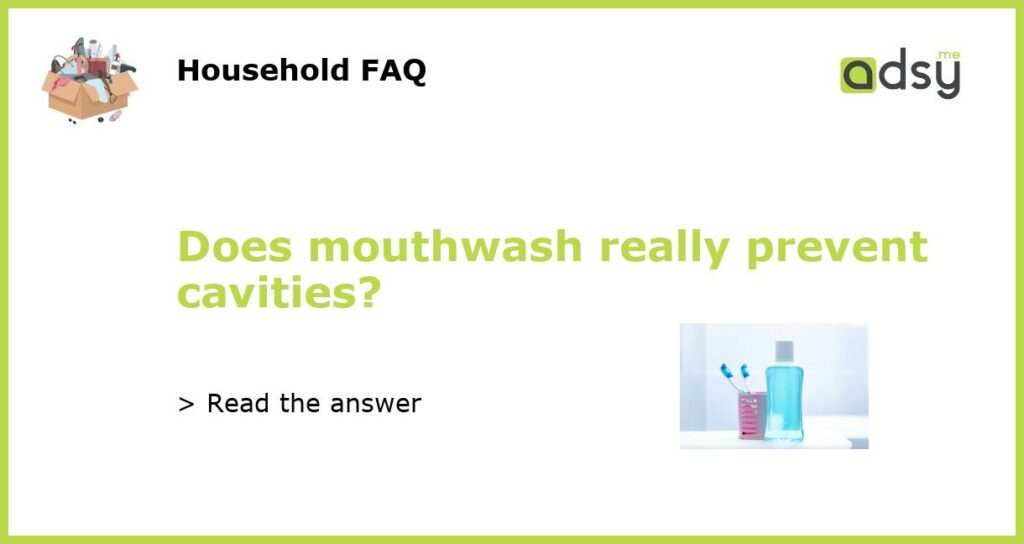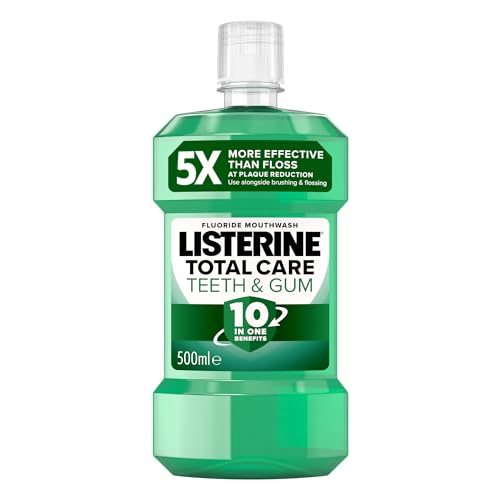Mouthwash has been advertised as a way to fight bad breath, remove plaque, and prevent cavities. But does mouthwash really prevent cavities? In this article, we’ll explore the research on mouthwash and its cavity-fighting abilities.
What is Mouthwash?
Mouthwash is a liquid solution that is used to rinse the mouth after brushing and flossing. It contains various ingredients such as fluoride, alcohol, and essential oils. Mouthwash can be used to freshen breath, kill bacteria, and prevent tooth decay.
Research on Mouthwash and Cavity Prevention
According to the American Dental Association (ADA), using mouthwash can be beneficial in preventing cavities. The ADA states that mouthwash can provide an additional source of fluoride, which is essential in strengthening teeth and preventing decay. In addition, mouthwash can help remove food particles and bacteria that cause plaque buildup, which can contribute to cavities. However, it’s important to note that mouthwash should not be used as a substitute for brushing and flossing.
Types of Mouthwash
There are two main types of mouthwash: cosmetic and therapeutic. Cosmetic mouthwash is designed to provide a temporary fresh breath and has no other benefits. Therapeutic mouthwash, on the other hand, contains active ingredients such as fluoride, which can help prevent cavities and strengthen teeth. It’s important to read the labels carefully and choose a mouthwash that is specifically designed for cavity prevention if that is your primary concern.
The Bottom Line
Mouthwash can be a useful tool in preventing cavities and maintaining good oral health. However, it should not be used as a substitute for brushing and flossing. It’s important to choose a mouthwash that specifically targets cavity prevention and to use it according to the instructions. If you have any concerns about your oral health, it’s best to consult with a dentist.






